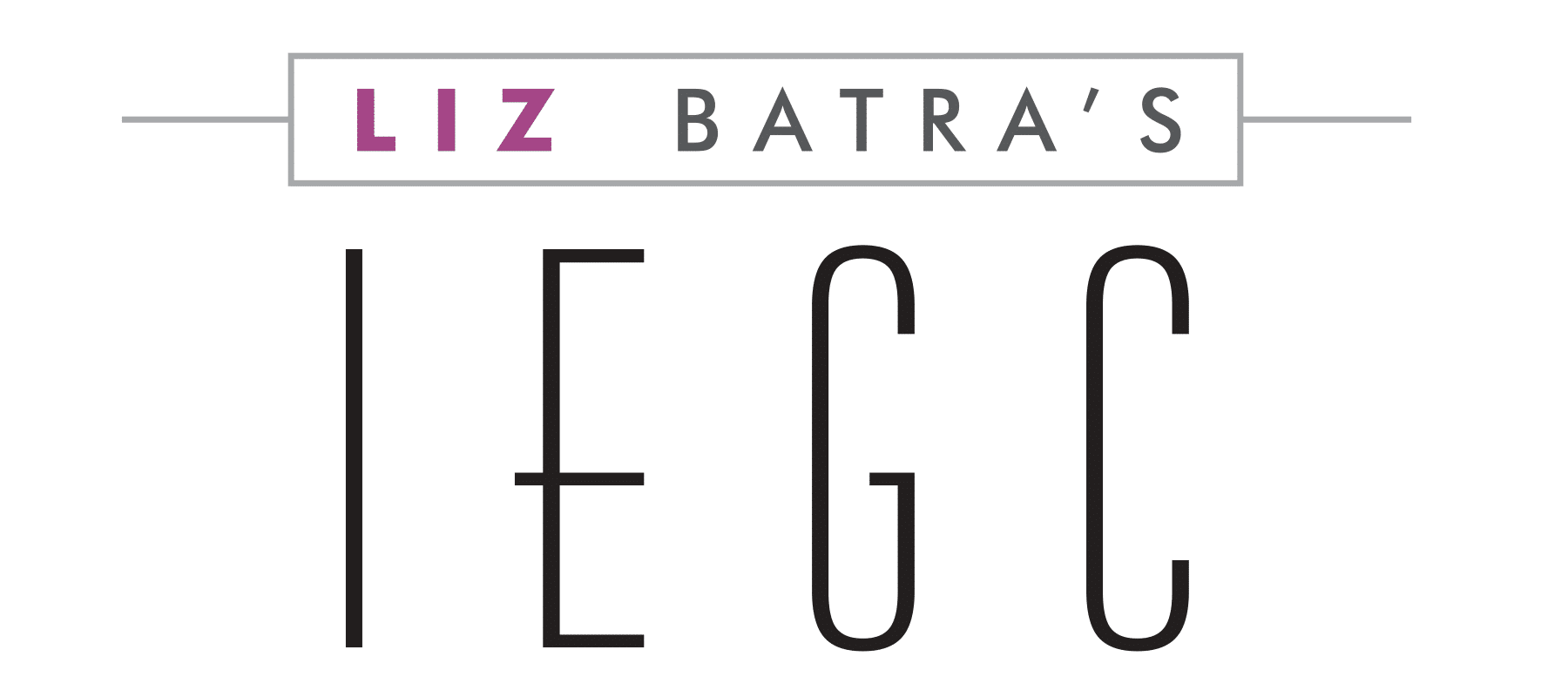Introduction
New Zealand, with its breathtaking landscapes, rich Maori culture, and unwavering dedication to education, is a dream destination for those seeking to explore the world of early childhood education (ECE). As an education consultant, I’m thrilled to take you on a journey through the steps of studying early childhood education in this beautiful country and becoming a registered teacher.

The Significance of Early Childhood Education:
Early childhood education is the cornerstone of a child’s development. It goes beyond academics, fostering social and emotional growth critical for success in later life. New Zealand recognizes the profound impact of this phase and places a strong emphasis on providing high-quality ECE services for children up to the age of five. For those considering a career in this field, here’s a customized roadmap to guide your way.
Step 1: Choosing the Right Program
The first and crucial step on your path to becoming a registered teacher in New Zealand is selecting the most suitable early childhood education program. New Zealand boasts an array of esteemed institutions such as the University of Otago, the University of Auckland, and the University of Canterbury, NZTC, and Government institutes all offering the Bachelor’s degrees in Early Childhood Education. It’s imperative to ensure that the program you choose is accredited by the New Zealand Qualifications Authority (NZQA) to meet the highest standards of education.
Step 2: Admission and Prerequisites
To gain admission to an ECE program, you must meet specific prerequisites which often include:Completion of high school or its equivalent.
Proficiency in English – this may entail taking an English language proficiency test like IELTS or TOEFL.
Obtaining a police clearance certificate – this is to ensure your suitability for working with children. Demonstrating a strong passion and commitment to working with young children.
Step 3: Studying Early Childhood Education
Once you’ve secured admission into an ECE program, your educational journey begins. These programs offer a comprehensive understanding of child development, pedagogical theories, and the practical skills necessary to effectively work with young children. You’ll engage in a blend of classroom instruction and hands-on experiences in licensed childcare centers.
Step 4: Gaining Practical Experience
Practical experience is a vital component of your ECE training. Throughout your studies, you’ll be required to complete a set number of practicum hours in licensed early childhood centers. This hands-on experience is invaluable as it allows you to apply the knowledge gained in real-world settings and develop the essential teaching skills required for your career.
Step 5: Teacher Registration
Upon successfully completing your ECE program, the next step is to apply for teacher registration with the Education Council of Aotearoa New Zealand (ECANZ). This process entails providing evidence of your qualifications, undergoing a police check, and submitting references from your practicum experiences. Once approved, you’ll proudly hold the title of a registered teacher.
Step 6: Committing to Professional Development
Becoming a registered teacher in New Zealand is just the beginning of your journey. To maintain your registration, it’s imperative to engage in ongoing professional development. This includes attending workshops, conferences, and staying current with the latest educational practices, ensuring that you continue to provide high-quality education to young children.
Green list occupation leading to a residence pathway:
Becoming a registered early childhood teacher in New Zealand places you in the green list, opening up a potential pathway to residence. If you’re eager to learn more about this opportunity, our Licensed Advisers are here to provide you with in-depth information and guidance.
Conclusion:
Studying early childhood education in New Zealand and embarking on the path to becoming a registered teacher is a journey filled with purpose and fulfilment. You’ll play a pivotal role in shaping the future of young children, all while immersing yourself in the captivating landscapes and rich cultural diversity of New Zealand. If your heart resonates with the mission of early childhood education, this pathway will not only lead to a rewarding career but also leave a lasting positive impact on the lives of New Zealand’s youngest learners. As an education consultant, I encourage you to take this extraordinary step toward making a difference in the world of early childhood education. For more information, Visit our website to learn more.
